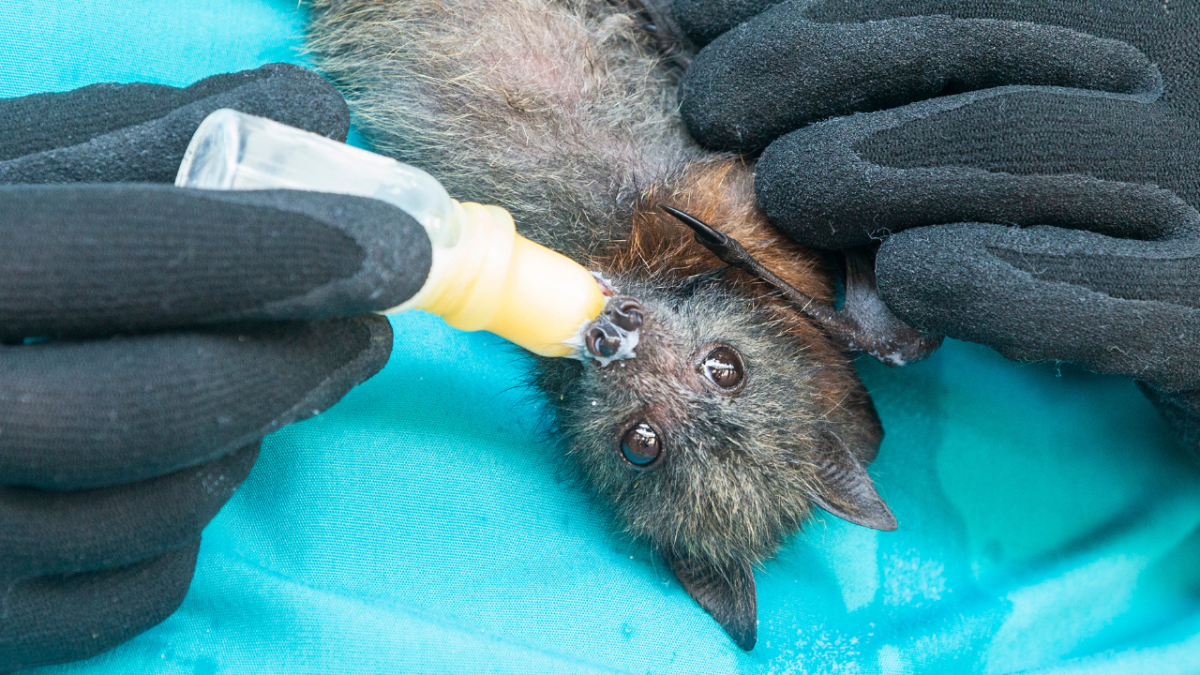
In absolutely fucking terrible news that every climate scientist said was coming: 124 Australian species were added to International Union for the Conservation of Nature‘s red list of threatened species today.
The global list of more than 40,000 species received one of its twice-annual updates on Thursday night to include our beloved fruit-eating flappy bois, the grey-headed flying fox, which are now listed as vulnerable.
The population was heavily dented by the 2019-20 Black Summer bushfires when an estimated 72,000 perished.
Queensland’s arcadia velvet gecko has been listed as critically endangered – the final classification before “extinct in the wild”. It’s only found within nine square-kilometres of forest that has been decimated by agricultural land clearing.
Greenlip and blacklip abalone, which are commercially fished mostly for export, have also been added as vulnerable species. Researchers have suggested they are at risk from climate change-induced marine heatwaves.
Several Kangaroo Island species that were devastated by the Black Summer bushfires have been added, including the now critically endangered Kangaroo Island assassin spider and several species of cricket.
A report released in October 2021 found more than 14,000 invertebrate species lost habitat due to Black Summer bushfires.
The iconic bogong moth has also been listed as endangered after the population collapsed in recent years.
Swarms of these moths would previously blanket cities, and roughly 4.4 billion would migrant to the Victorian and NSW alpine regions every summer.
Scientists have attributed the shocking drop to climate change.
ANU conservation biologist Michael Braby told 9News the decline of the moth could push the species that depend on the moth for food to extinction, including the cute af pygmy possum.
“You take that species out of the system it has flow on effect. It’s an important food source for the mountain pygmy possum and several bird species for example.”
The pygmy possum has been on the red list since 2008
The main reasons for species ending up on the red list this year have been climate change and severe weather events, habitat loss due to development, pollution such as pesticides in agriculture, invasive species and diseases.



